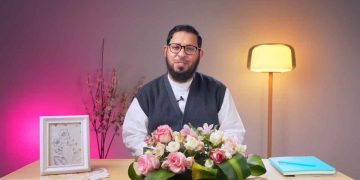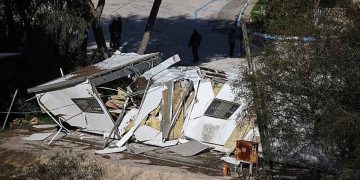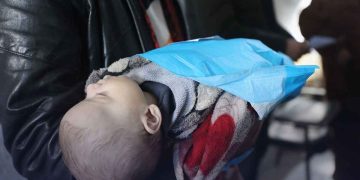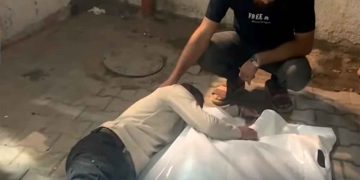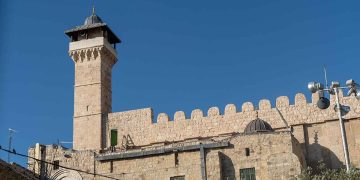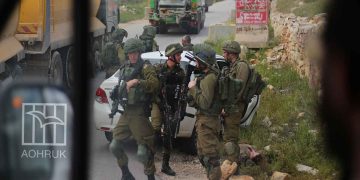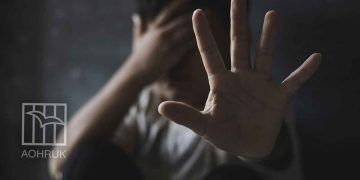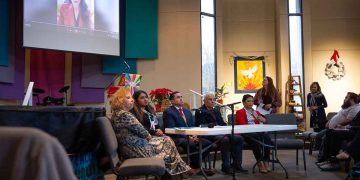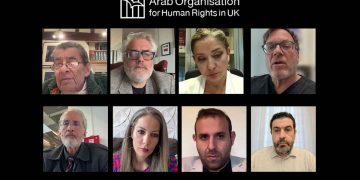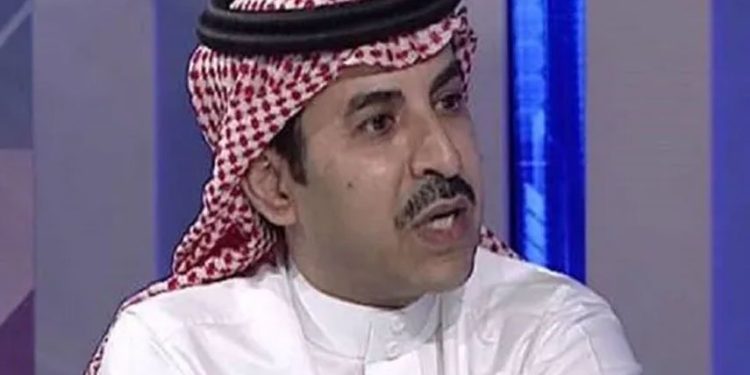Saudi Arabian authorities have released journalist Khaled al-Alami, who had been imprisoned since September 2017 after his arrest for tweeting his view of the need to reduce tensions between Saudi Arabia and Qatar.
However, singer Rabih Hafez, who was arrested for sharing al-Alami’s tweet, remains imprisoned.
The Saudi authorities have maintained Hafez’s detention, despite a 2020 court having given him a 3-year sentence, which he had served even then.
The mass arrest campaign of September 2017, through which both Hafez and al-Alami were arrested, is the largest such campaign in the country’s history.
The campaign targeted preachers, including Dr. Salman al-Aouda, Dr. Aiwad al-Qrani, and the imam of the Masjid al-Haram, Salah al-Talib.
Academics such as Abdelaziz al-Forzan of the Higher Judicial Institute and Dr. Safar al-Hawali was also detained.
Other intellectuals targeted included Issam al-Zamil, Abdallah al-Maliki, Jamil al-Farsi, and Mustapha al-Hassan, the last of whom was released due to his developing cancer.
Many journalists and human rights activists, men and women, were also detained.
The Saudi regime restricts reporting on many of those detainees’ conditions, though leaks have suggested that many of them are suffering from health problems, and that they are subjected to torture and other forms of maltreatment.

